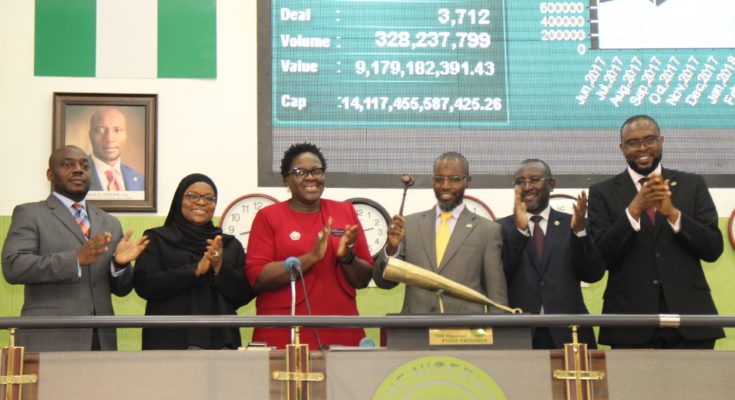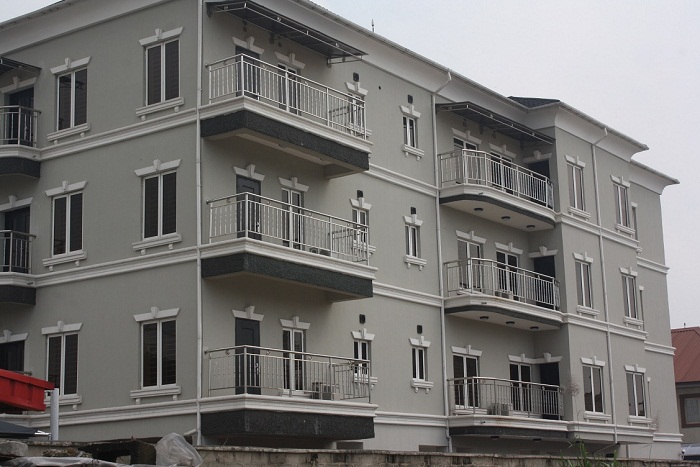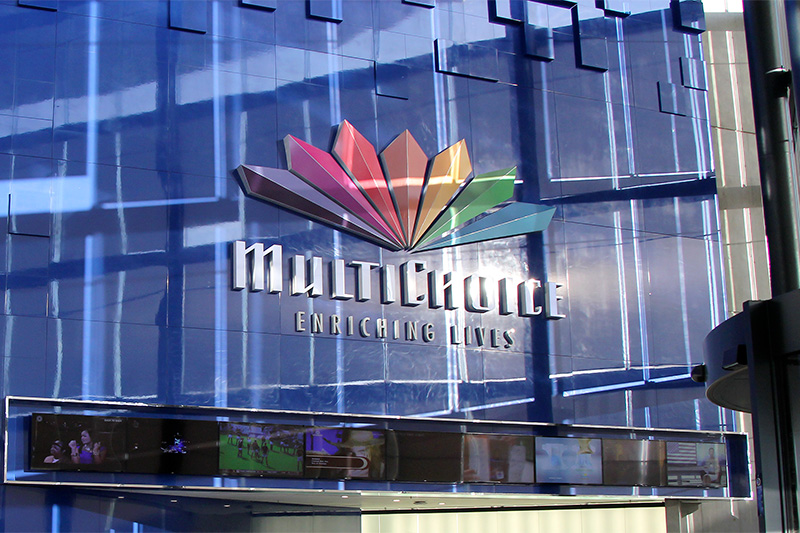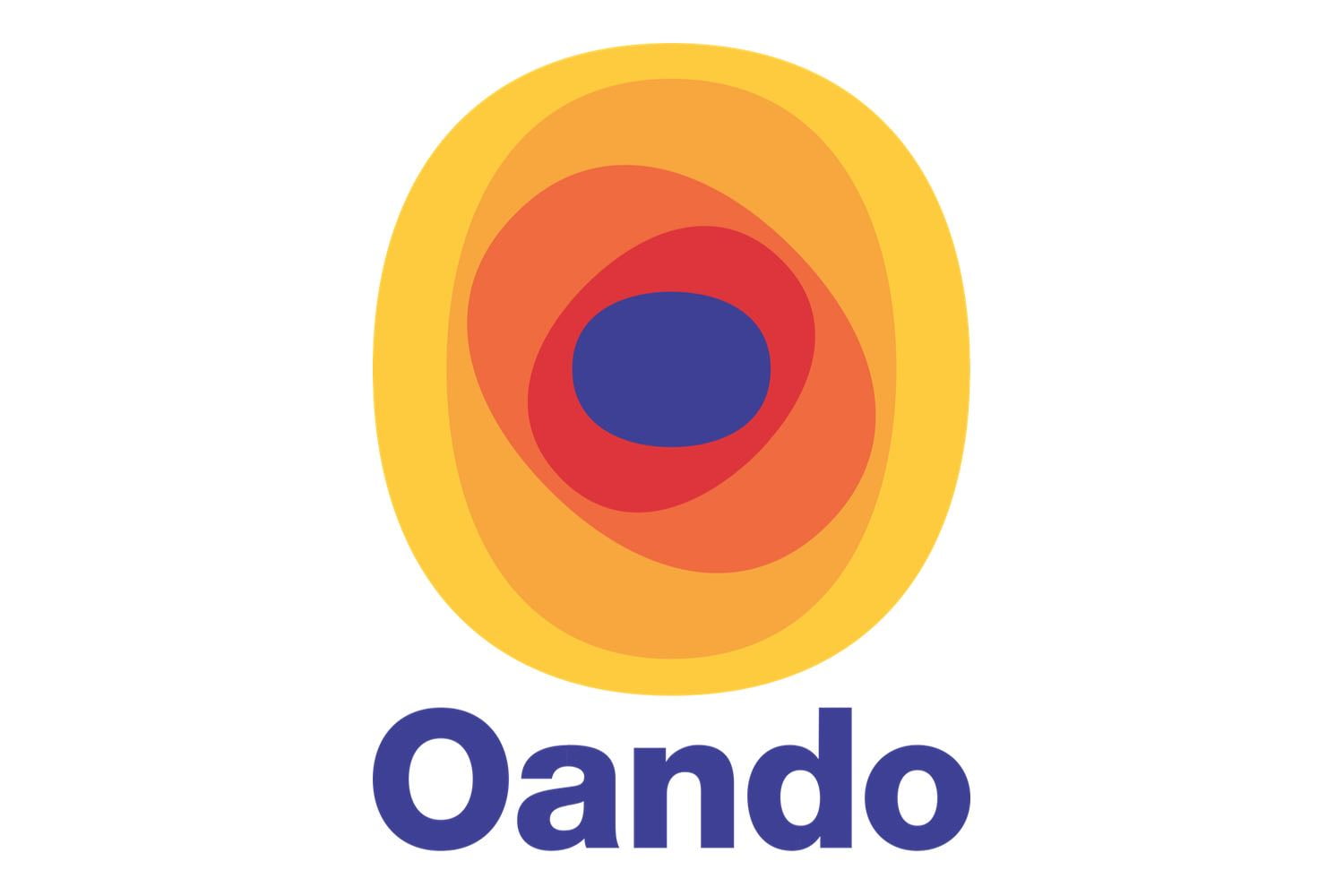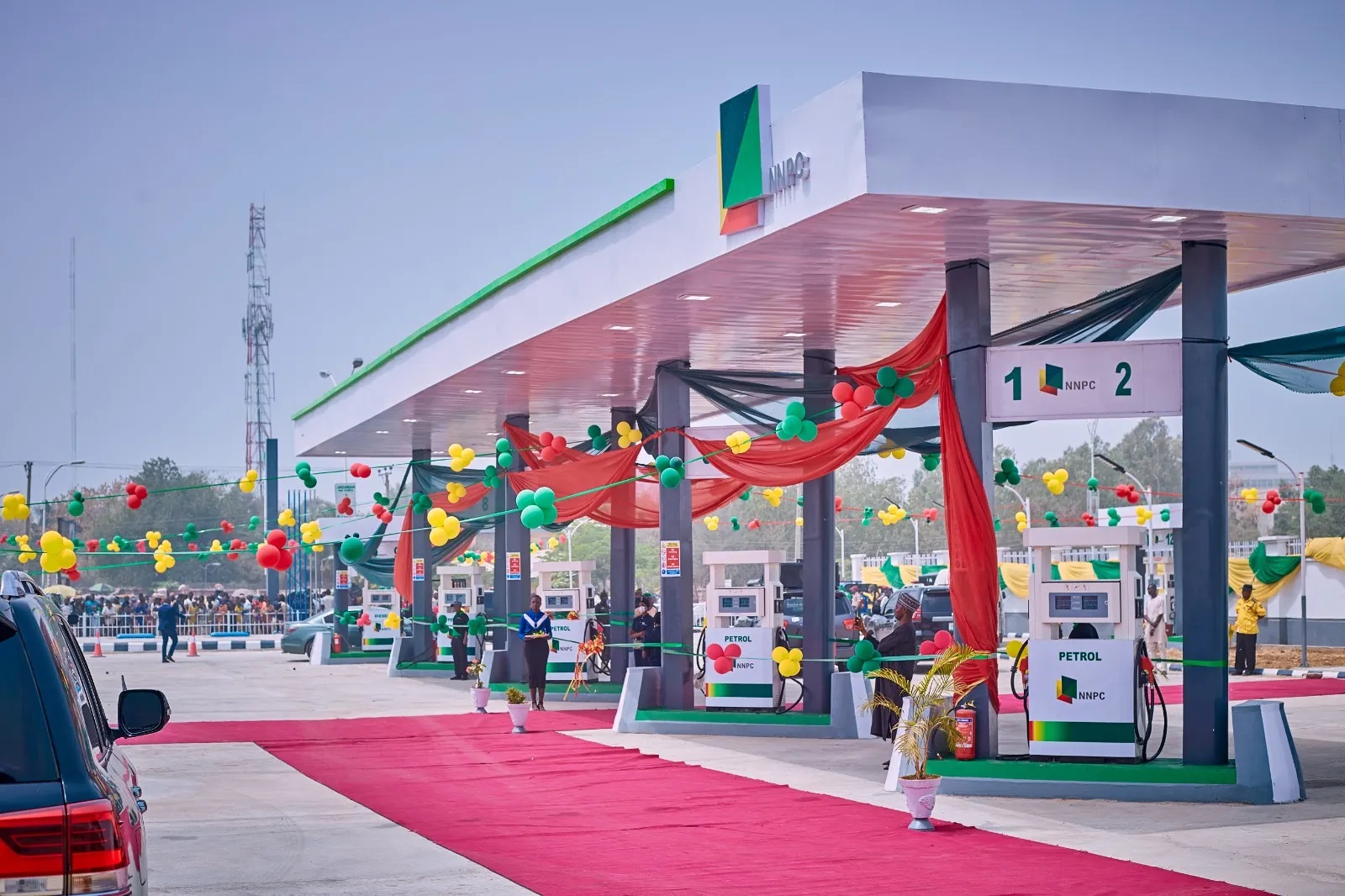By Modupe Gbadeyanka
Leading non-interest financial institution in Sub Saharan Africa, Jaiz Bank Plc, has promised to sustain year-on-year growth over the next five years.
Managing Director of Jaiz Bank Plc, Mr Hassan Usman, during the presentation of the lender’s Facts Behind the Figures on Wednesday at the Nigerian Stock Exchange (NSE), stated that the company also plans to improve its shareholders’ return during the years under review.
According to him, the return on equity (RoE) is expected to increase to 4.39 percent in 2018 and 4.87 percent in 2019.
He further said Jaiz Bank expects to grow its RoE to 6.92 percent in 2020, 8.79 percent in 2021 and 11.22 percent in 2022.
Mr Usman said during the five-year period, the financial institution will grow its income and profitability with pre-tax profit for the period expected to be about N15.86 billion.
The bank chief disclosed that all these and others would be achieved by expanding its operations across the country by opening more branches.
He said Jaiz Bank will significantly leverage on technology to reach the nooks and crannies of the country and bring the semi-banked and unbanked population into the formal economy.
According to him, the bank has been positioned to sustain its growth trajectory and armed with the necessary resources to achieve these targets.
Mr Usman said the bank’s growth strategy of focussing on the real sector, though painstaking, will ensure sustainable growth and better returns over the years.
He said Jaiz Bank wants to develop small and medium enterprises (SMEs), grow with them and support them not only for profit making but to ensure the country achieves real growth, revealing that the bank would soon start to disburse $20 million financial lifeline to SMEs as part of the commitments of the bank to drive the growth of the real sector of the economy.
Jaiz Bank and Islamic Corporation for the Development of Private Sector (ICD), the development arm of Islamic Development Bank (IDB), had recently signed a $20 million line of agreement to finance SMEs in Nigeria.
“We shall continue to internally develop new customers, new markets and new product for both our physical and virtual channels. We remain committed to continuous up-scaling of our governance mechanism to meet the highest operating standards. Cost efficiency is at the heart of our value creation model. We shall strive to be a low cost operator,” Mr Usman said.
It is five-year growth plan and financial forecast, Jaiz Bank plans to raise its total income to about N81.17 billion while profit after tax is projected at N11.09 billion for the five-year period.
Gross income is expected to rise to N10.07 billion in 2018 and subsequently to N12.59 billion, N15.73 billion, N19.27 billion and N23.51 billion in 2019, 2020, 2021 and 2022 respectively.
Balance sheet of the bank is also expected to increase over the years with total assets projected at N123.61 billion in 2018 and subsequently to N150.5 billion, N182.6 billion, N220.02 billion and N262.80 billion in 2019, 2020, 2021 and 2022 respectively.
Deposit is projected to rise consecutively to N88.55 billion, N113.34 billion, N142.81 billion, N177.09 billion and N216.05 billion in 2018, 2019, 2020, 2021 and 2022 respectively.
Also, shareholders’ fund is projected to rise to N28.6 billion in 2018 and grow consecutively to peak at N35.23 billion by 2022.
In its financial results for the year ended December 31, 2017, the pre-tax profit-margin, which measures the underlining profitability of the company, doubled from 5.5 percent in 2016 to 11 percent in 2017.
The pre-tax profit margin denotes the efficiency of the core operational and administrative cost management, and it is usually taken as a more definitive index of performance than top-line margins.
The report indicated a well-rounded performance as gross earnings rose by 40 percent from N6.18 billion in 2016 to N8.10 billion in 2017.
Gross profit grew by 34 percent to N6.705 billion in 2017 as against N5.003 billion in 2016, while the profit before tax jumped by 160.6 percent from N343.02 million in 2016 to N894.01 million in 2017.
However, the bank’s tax provision leapt by 1,024 percent from N31.75 million in 2016 to N356.89 million in 2017. This moderated the net profit growth to 14.7 percent from N311.27 million in 2016 to N356.89 million in 2017.


